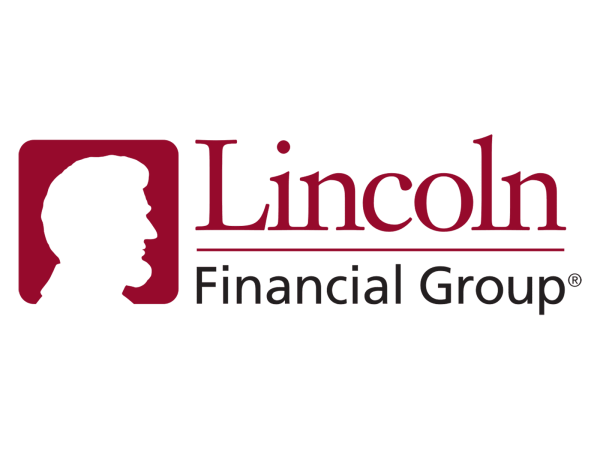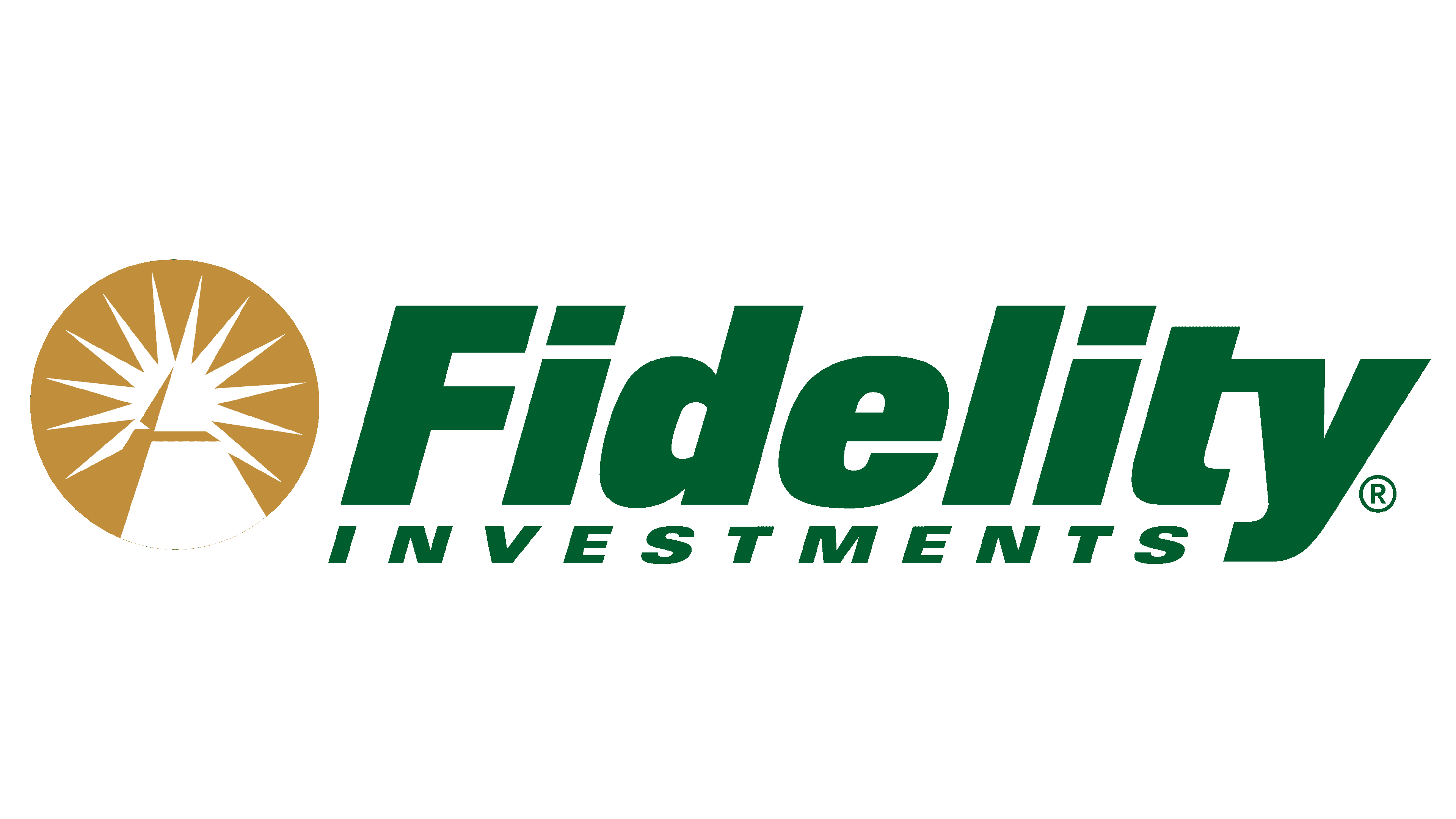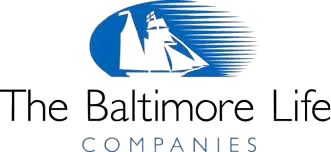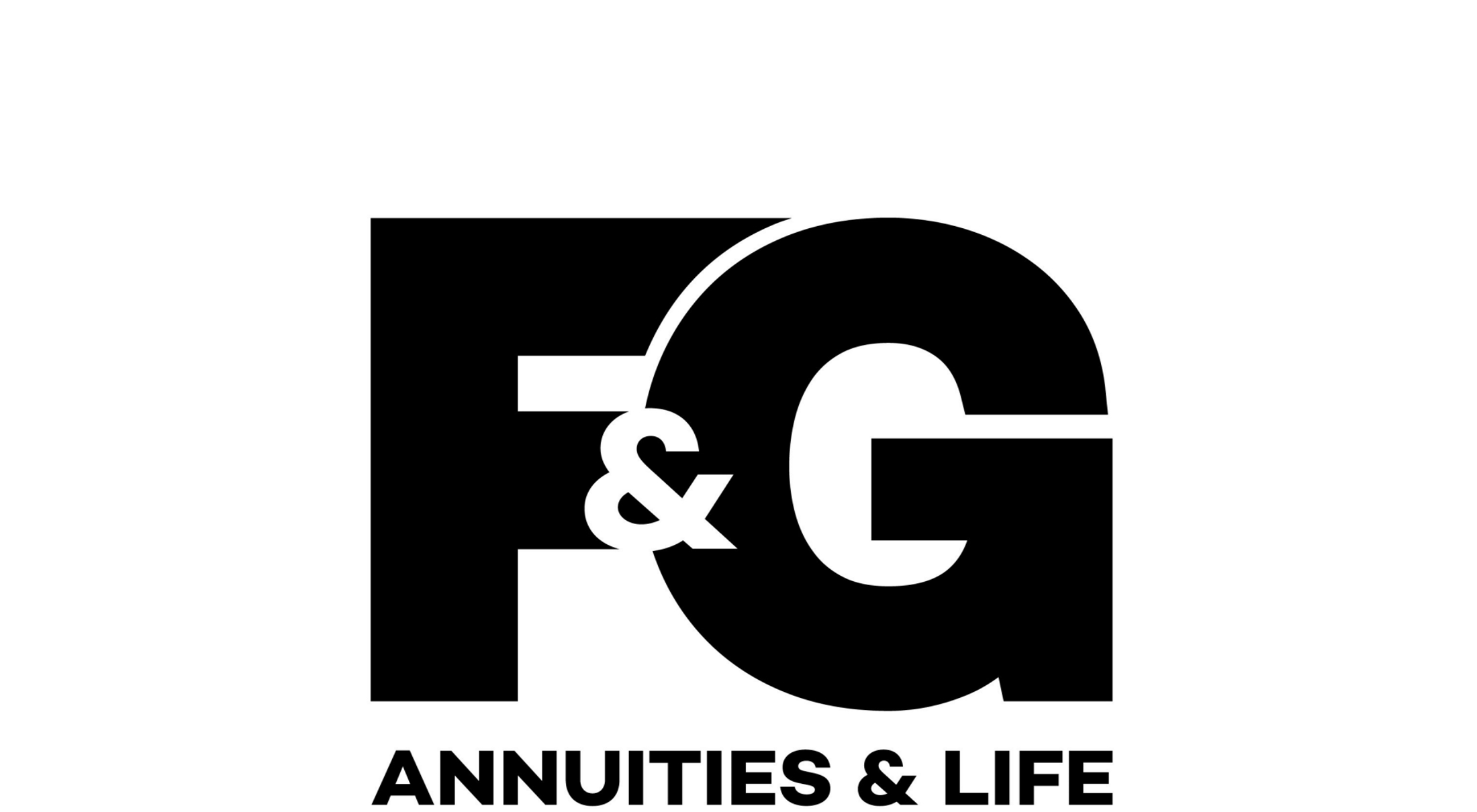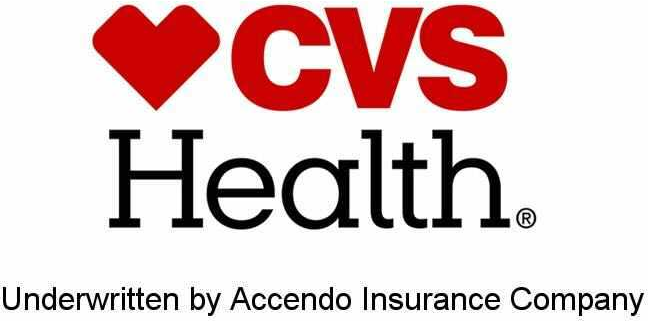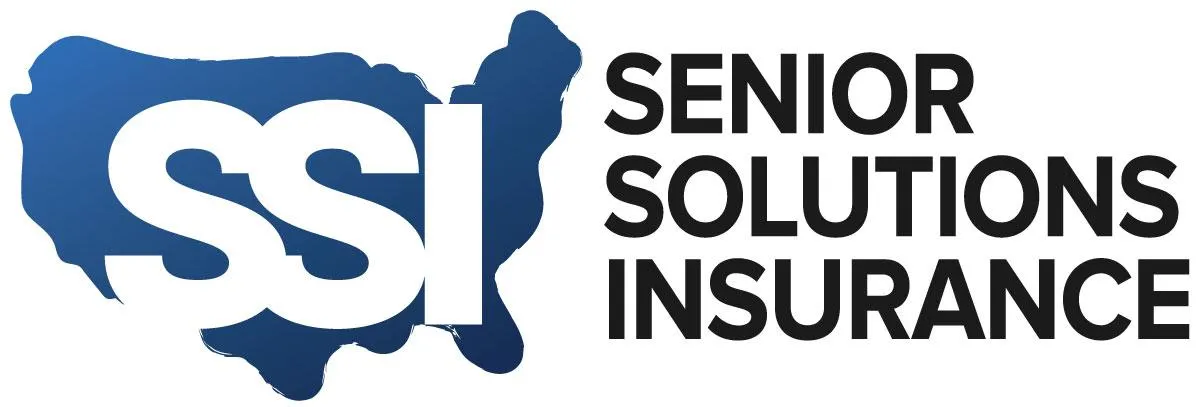
Generational Wealth Consultants works with Senior Solutions Insurance as a partner office on all final expense solutions for our clients.
The 3-Step Final Expense Planning Process
1. Advanced Underwriting:
Assess health and risk factors:
This involves evaluating your health status, medical history, and lifestyle to determine eligibility for different types of insurance plans.
Explore policy options:
Based on your individual circumstances, various policy options will be explored, including simplified issue, guaranteed issue, and traditional life insurance.
Compare quotes:
Obtain quotes from multiple insurance providers to find the most competitive rates and coverage options.
2. Planning Options:
Determine coverage needs:
Calculate the estimated cost of funeral expenses, outstanding debts, and any other financial obligations you wish to cover.
Choose a policy type:
Select the most suitable policy type based on your health, budget, and coverage needs.
Customize your plan:
Add riders or features to your policy to tailor it to your specific requirements, such as accidental death coverage or accelerated death benefit.
3. Funding Options:
Explore funding sources:
Evaluate various funding options, including insurance payouts, savings, investments, and pre-need funeral plans.
Set up payment methods:
Choose convenient payment methods for insurance premiums or pre-need plans, such as automatic withdrawals or direct
billing.
Review and update:
Regularly review and update your final expense plan to ensure it aligns with your changing needs and
circumstance. By
following this structured approach, individuals can effectively navigate the complexities of final expense planning and secure their loved ones' financial well-being.


Advanced Underwriting
Our state-licensed underwriters use specialized software to assess your eligibility for final expense plans based on age, health, and existing coverage. This advanced underwriting allows us to find the best possible rates, and 77% of our clients qualify for discounts on new or increased coverage. We consider your unique situation to ensure you get the most affordable and appropriate plan.
Planning Options
Planning for final expenses involves covering funeral arrangements, end-of-life costs, and asset distribution.
Will
A legal document outlining how assets should be distributed after death.
Pros: Simpler and less expensive than a trust, clearly states your wishes.
Cons: Goes through probate (can be time-consuming and costly), less control over distribution than a trust.
Trust
A legal arrangement where assets are held for the benefit of beneficiaries.
Pro: Avoids probate, provides greater control over asset distribution, can offer tax advantages.
Con: More complex and expensive to set up than a will, requires ongoing management.


Final Expense Plan:
This plan ensures funds are available to cover immediate expenses like funeral costs, relieving the burden from your family. A will is a crucial part of a comprehensive final expense plan, as it dictates how remaining assets are handled after those immediate expenses are covered by the plan.
Funding Options
Pre-Paid Funeral Plan
You prepay for your funeral services at today's prices.
Pros
Locks in prices, relieves immediate financial burden on family, detailed planning.
Cons
Can be inflexible if plans change, may not cover all costs (e.g., cemetery plot), money is tied up.
Most advantageous for those with health concerns (as insurance may be costly) and higher net worth individuals (who can afford the upfront cost).
Qualifying for a pre-need funeral plan through an insurance company offers additional benefits: the plan is often portable (can be used at different funeral homes), and the death benefit grows tax-free.
Savings
Accessible Funds and no premiums!
Fixed Indexed Annuities, Single Premium Life Insurance
Pros
Potential for higher returns, tax-deferred or tax-free growth, life insurance benefit can provide immediate funds for final expenses.
Cons
Annuities may have limited liquidity for early withdrawals, single premium life insurance requires a large upfront investment.
These options are generally better than regular savings for final expenses because they offer the potential for growth and tax advantages, helping to ensure funds are available when needed.







